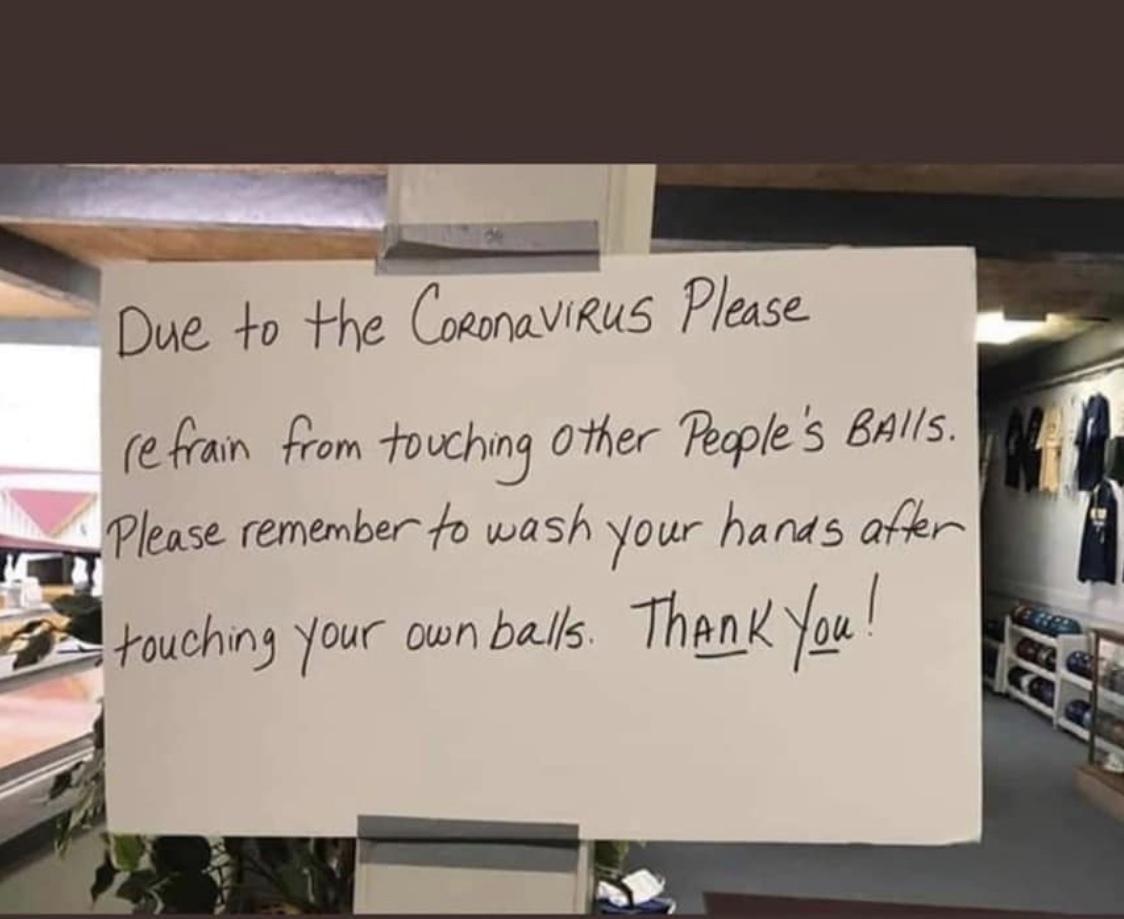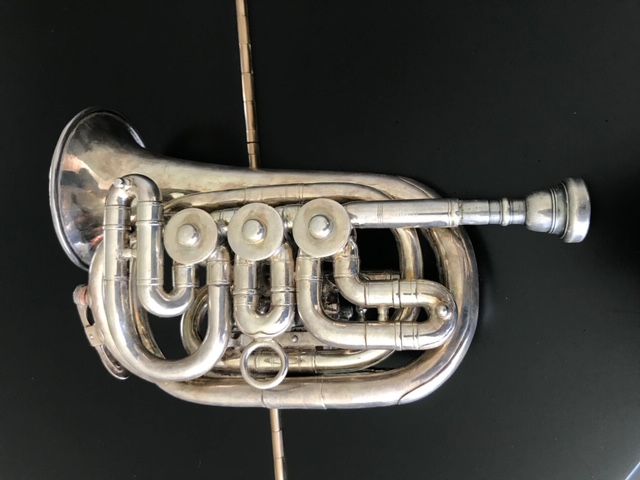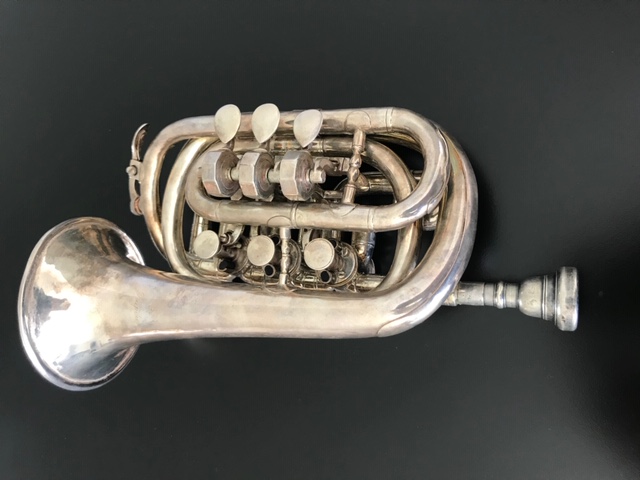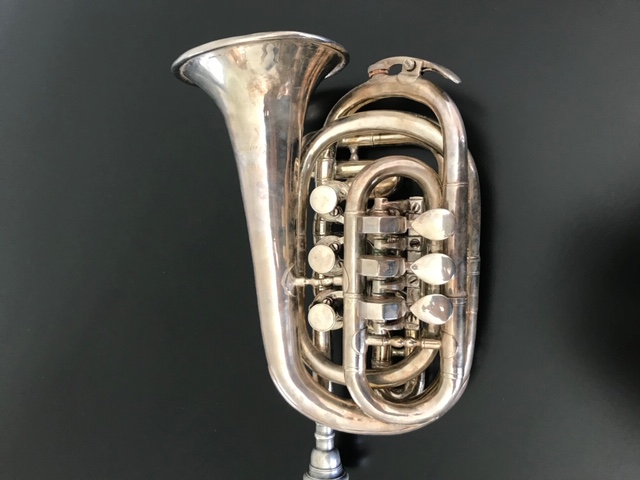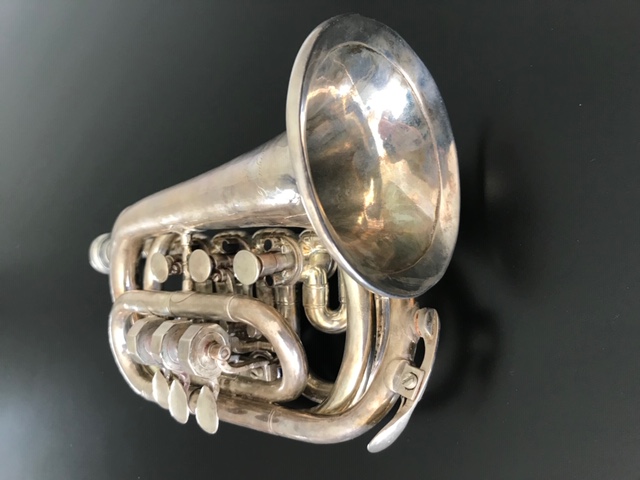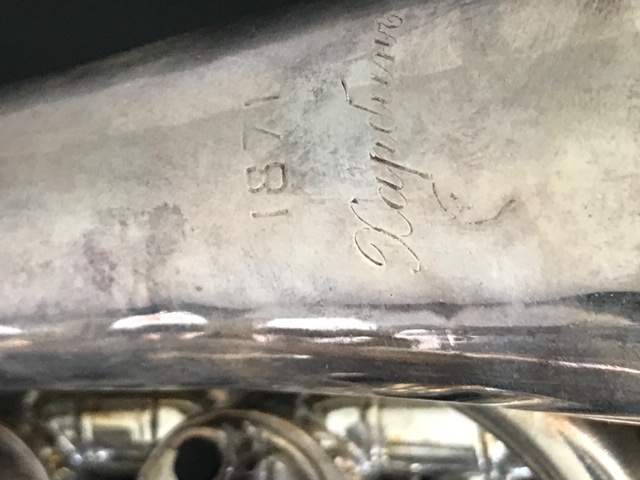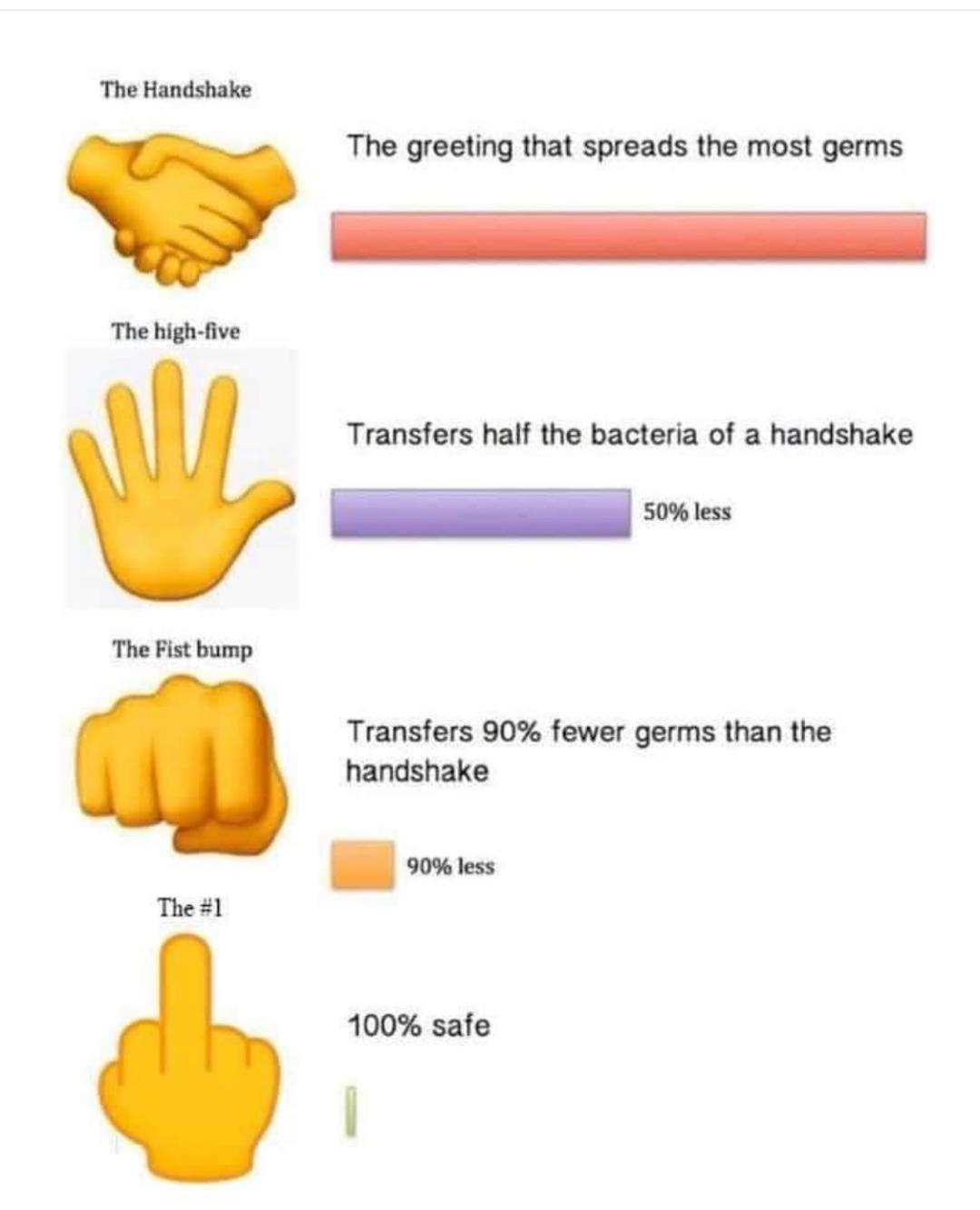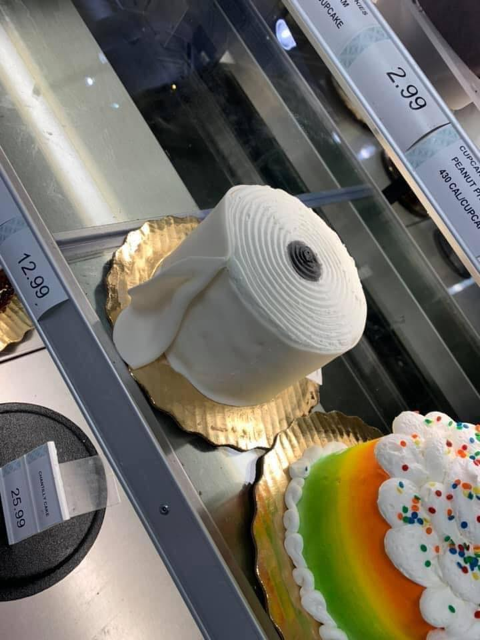I stumbled across this today on line from the Tribune Chronicle of Warren, Ohio and thought it might be of interest:
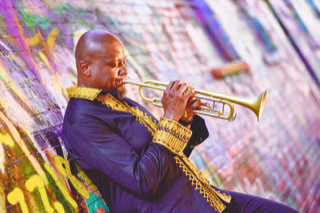
EDITOR’S NOTE: This is one of a series of Saturday profiles of area residents and their stories. To suggest a profile, contact features editor Burton Cole at bcole@tribtoday.com.
Warren native Sean Jones is one of the most celebrated trumpet players in the world. At the age of 10, his gift had already become apparent to established musical mentors who would foster his career. But ask Jones how he feels about that, and he’ll deny that it’s a gift at all.
“I never thought of it as a gift,” he said. “Everybody has something that they’re supposed to do, right? I thought ‘OK, I can do this. So that must be what I’m supposed to do.’ I didn’t think of it as a big deal. I still don’t.”
Jazz greats like Wynton Marsalis, Wayne Shorter, Marcus Miller and Herbie Hancock — with whom Jones often collaborates — might not concur with that. When they selected Jones to fill in for late Miles Davis on their 2011 tour in tribute to the master, it was a very big deal.
The St. James Church of God and Christ in Warren, which the Jones family attended, served as the foundation of Jones’ humility.
Jones explained, “When you grew up in a Pentecostal church, man, and everybody can play an instrument or sing like a bird, you’re not special. Our organist was Eddie Howard, who was one of the great organists of all time. He was special.
“I was given this thing to do so I did it. If more people thought like this, we would have happier people in society. So many people chase after a dollar thinking, what do I have to do to get that dollar? And it never makes them happy. Doing what you were meant to do — that’s what makes you happy.”
Born in 1978, Jones grew up during a disquieting time for the Valley. He remembered as a child watching its decline.
“I saw things begin to change as a kid. Early on, people were still working. My mother worked at Packard Electric. Fortunately, she retired before it collapsed.”
After his mother and father separated when he was 6, his mother assumed responsibility not only for their own children, but also for his children from a previous marriage. Jones’ household at that point included four brothers, two sisters, an aunt and uncle, a cousin and a grandmother, all living in one house on Williamsburg Street.”
“I did not know that we didn’t have a lot. We had what we needed — shelter, food and clean clothes for church. My mother worked overtime all the time. But I never understood her struggle until I walked into her room one day to see her crying. I didn’t know why, and she didn’t tell me. But I knew then that something was going on that I didn’t understand.”
Jones displayed his own unique vision early on when his personal interests diverged from those of his classmates.
“I was a nerd when I was growing up. Other kids made fun of me because I wanted telescopes and microscopes and things like that. I never wanted toys.”
While in fifth grade, Jones’ teacher brought in a music store owner to demonstrate musical instruments to the class. While all the girls wanted to play flutes and clarinets and all the boys wanted to play drums, Jones gravitated to the trumpet.
“Nobody really wanted to deal with that trumpet. When I tried to play it, I understood why. It took me a month just to get a sound out of it.”
One Jones’ earliest mentors was Tony Leonardo of Youngstown State University, who recruited Jones on a visit to Jones’ music class at Harding High School. Leonardo arranged for Jones to study with Esotto Pellegrini. “That totally turned my world around,” he said.
It was around that time that Jones’ father re-entered his life. “We began to reconcile a bit. Then he died. That was a big blow. I got depressed and started doing drugs and doing all kinds of crazy stuff. I was just trying to figure everything out.”
It was Leonardi and Kent Inglehart of YSU who helped Jones get back on track.
“They knew I needed them in that capacity. These cats cared about humanity and they cared about me. I didn’t take that for granted. This is the greatest thing about the Steel Valley. When things get tough, politics don’t mean anything, religious stuff doesn’t mean anything, black or white doesn’t mean anything. At the end of the day, we come together, and we fight together.”
So, with the emotional support of friends and family, Jones won his fight against the demons of addiction and self-doubt.
A local recording studio owner named Dennis Reynolds befriended Jones and launched him on his recording career.
“He was a spiritual father to me in high school and college.” Jones said. “I would go to his little studio downtown Warren, right above Mickey’s Army-Navy Store, and practice all night. He would let me listen to his records. He taught me that although music is what you do and who you are, it is not the most important thing. Your life informs your music. But your music is not your life.”
Jones learned another important lesson in life years later while on the Miles Davis tribute tour in France. During one grueling drive, Marcus Miller asked Wayne Shorter, “What is the important thing in the world to have?”
“Imagination,” Shorter replied.
Jones asked him, “What about family? What about love? Why would you say imagination over those things?”
“Because,” Shorter replied, “without imagination, you could never appreciate those things in the first place.”
Jones’ subsequent career achievements are well-documented. Suffice it to say within this story, they are considerable. He is now the Chair of Jazz Studies at Johns Hopkins University’s Peabody Institute in Baltimore.
He also has a brand-new baby girl, born just two weeks ago. Still in his 40s, his already-spectacular career is just beginning. But he knows already how he would like to be remembered long after he is gone. He has already written his own obituary:
“The call on my life has been to do the hard things — the painful hard things — with grit and determination, in the spirit of love, connected to the eternal consciousness that gave me the fight to endure and enjoy it all.”



